“Write what you know,” goes the standard advice, and longtime singer/songwriter Chip Taylor has taken that suggestion to heart on his new album, Behind the Sky. He has done so even though what he knows most keenly now – the experience of grappling with throat cancer – must be difficult to dwell on. In this CD’s intensely personal liner notes and lyrics, Taylor details his diagnosis, his radiation treatments, and their side effects. And he does that with impressive candor, a lack of self-pity, bravery, and, at times, even a bit of lightness.
Several of these 12 affecting songs, “Nurse Joan,” “Without Hearing,” and “Speakin’ of Horses,” pay tribute to Taylor’s wife, whom he married in 1964 and calls “my biggest blessing” as he fights his cancer. (She is pictured with the singer in all three photos on the album jacket.)
Other numbers here address Taylor’s interactions with hospital workers, one of whom offers to play him any music he wants to hear to help him through his treatment. “Just play me a little John Prine,” Taylor tells the worker in “Radiation Song,” which namechecks several of the late artist’s compositions. (Taylor recorded a duet with Prine shortly before his death.) In “George in Radiation,” meanwhile, his lyrics express admiration for several other hospital staffers who “were born to help people,” including one who he says told him, “We will get this thing before it ever gets to you.”
You may be thinking, “Who wants to hear an album that’s largely about battling cancer? Sounds depressing.” But it’s not really, not in Taylor’s hands. It’s more often heartening and life-affirming. And the gently delivered music—which features the artist accompanying himself on acoustic guitar and backed by a quartet that sparingly adds bass, drums, electric guitar, and keyboards – is poignant.
Taylor – who, incidentally, is the brother of actor Jon Voight and the uncle of actress Angelina Jolie – has made large contributions to American music during a career that has spanned well over half a century. Early on, he wrote such hit songs as Merilee Rush’s “Angel of the Morning” and the Troggs’ chart-topping “Wild Thing,” which Jimi Hendrix also memorably performed. Later came Taylor’s superb collaborations with Texas singer/songwriter Carrie Rodriguez and, more recently, a long series of excellent solo albums. This latest set adds to the already abundant evidence that Taylor, like Prine, is a national treasure.
Jazz Giants
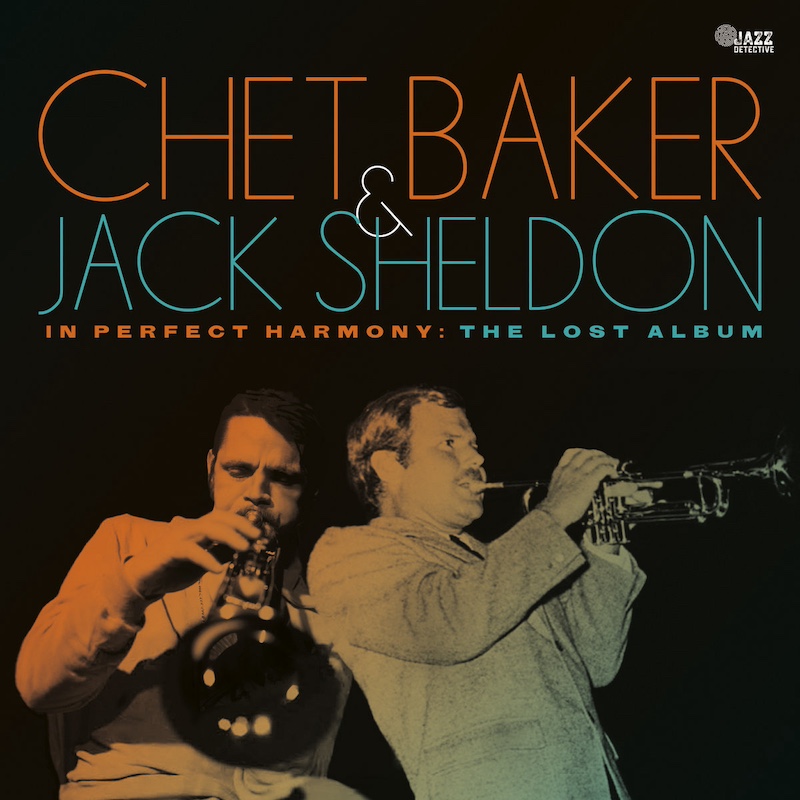
Chet Baker & Jack Sheldon, In Perfect Harmony: The Lost Album. The legendary Chet Baker joins fellow jazz trumpeter and vocalist Jack Sheldon on this 1972 studio recording, which finds the pair accompanied by pianist David Frishberg, drummer Nick Ceroli, guitarist Jack Marshall, and bassist Joe Mondragon. According to liner notes by co-producer Frank Marshall, his father – original producer Jack Marshall – briefly shopped the tapes to several interested record labels; when a heart attack killed him, the recordings “got packed away in our garage… and were never released.”
Better late than never. Baker (on the right channel) and Sheldon (on the left) are both in fine form, vocally and instrumentally, though the former was still battling drug addiction at the time. The well-chosen setlist includes Great American Songbook standards like Richard Rodgers and Lorenz Hart’s “This Can’t Be Love,” Jerome Kern and Johnny Mercer’s “I’m Old Fashioned,” and Victor Young and Edward Heyman’s “When I Fall in Love.”
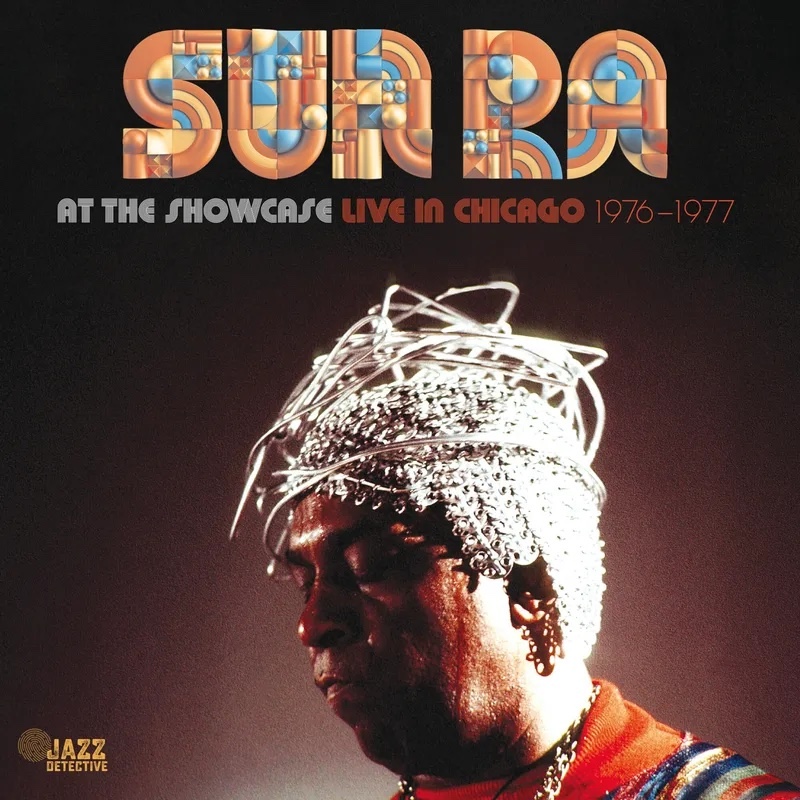
Sun Ra, At the Showcase: Live in Chicago 1976–1977. Stunning original compositions and musicianship permeate this unusually accessible two-CD collection of live 1976 and 1977 performances by the great Sun Ra and his brass-section-dominated ensemble. His early works owe a debt to bop and band leaders like Duke Ellington, but by the 1970s, he had long since discarded jazz conventions and headed down his own idiosyncratic path.
Sun Ra’s keyboard work is impressive throughout this previously unissued set, which was recorded at Joe Segal’s Jazz Showcase club, but he shines strongest as a band leader who manages to inspire a large group of accompanists to reach new heights. Notes drummer Jack DeJohnette, one of many musicians who pay tribute to Sun Ra in an accompanying 36-page booklet: “He never laid down any rules about how one should play. He’d just write the music and leave everybody else to use their own creative imagination, to interpret the music.”
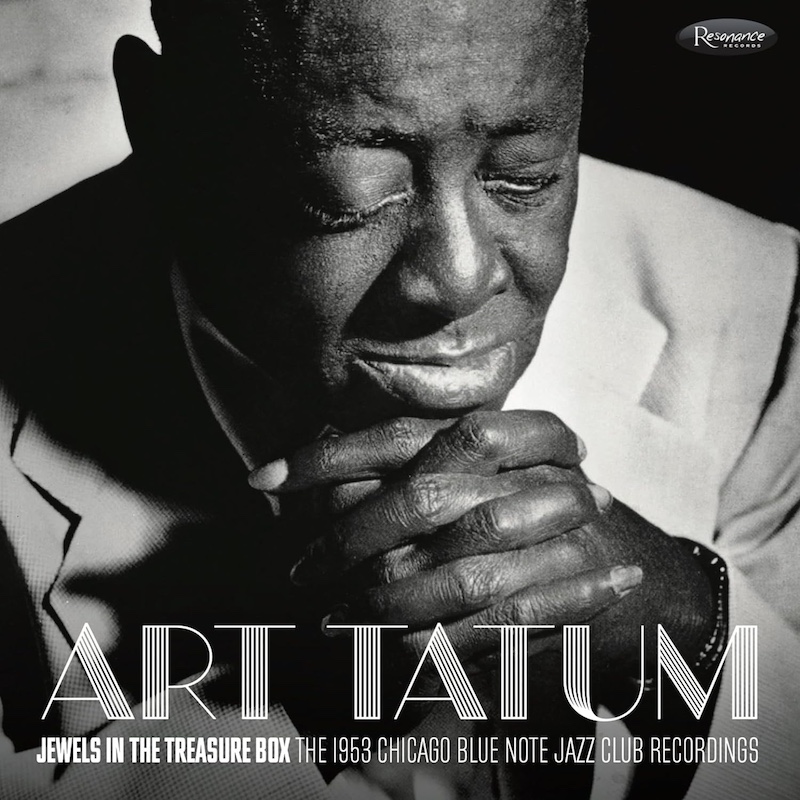
Art Tatum, Jewels in the Treasure Box: The Chicago Blue Note Jazz Recordings. There’s nothing hyperbolic about the words “jewels” and “treasure” in the title of this three-CD set, which collects Art Tatum’s live August 1953 recordings from Chicago’s Blue Note jazz club. As multiple musician admirers note in an accompanying 48-page booklet, nobody in the history of jazz has been quite like Tatum, whose dazzling piano style combined endless inventiveness with astonishing skill.
Accompanied here by guitarist Everett Barksdale and bassist Slam Stewart, he serves up just under three hours’ worth of previously unreleased music in 39 tracks, including George and Ira Gershwin’s “The Man I Love” and “Someone to Watch Over Me,” Cole Porter’s “Begin the Beguine,” “Night and Day,” and “Just One of Those Things,” W.C. Handy’s “St. Louis Blues,” and Richard Rodgers and Lorenz Hart’s “Where or When” and “Lover.” Sometimes, you’ll swear you’re listening to two or three pianists, but all the keyboard work is Tatum’s.
Also Noteworthy
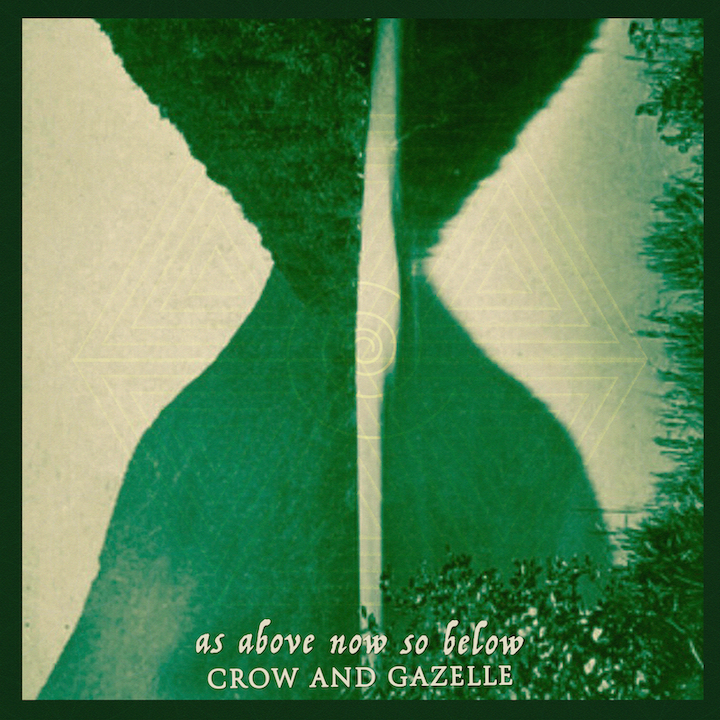
Crow and Gazelle, As Above Now So Below. This is the debut folk album from Texas-based Crow and Gazelle, which consists of musical and romantic partners Mike McClure, a fixture in the Oklahoma Red Dirt music scene, and Chrislyn Lawrence, who says, “I never really allowed myself to take the spotlight before.” (She once worked as McClure’s booking agent.) The couple play multiple acoustic instruments, including guitars, piano, ukulele, and dulcimer; other personnel on this mostly live-in-the-studio recording add cello, fiddle, keyboards, and more.
McClure and Lawrence are terrific vocalists who harmonize beautifully and project vulnerability. And their album – self-penned aside from one number – melds lyrics about healing, loving, and rising above our troubles with melodious, emotive music. This is an auspicious start indeed.
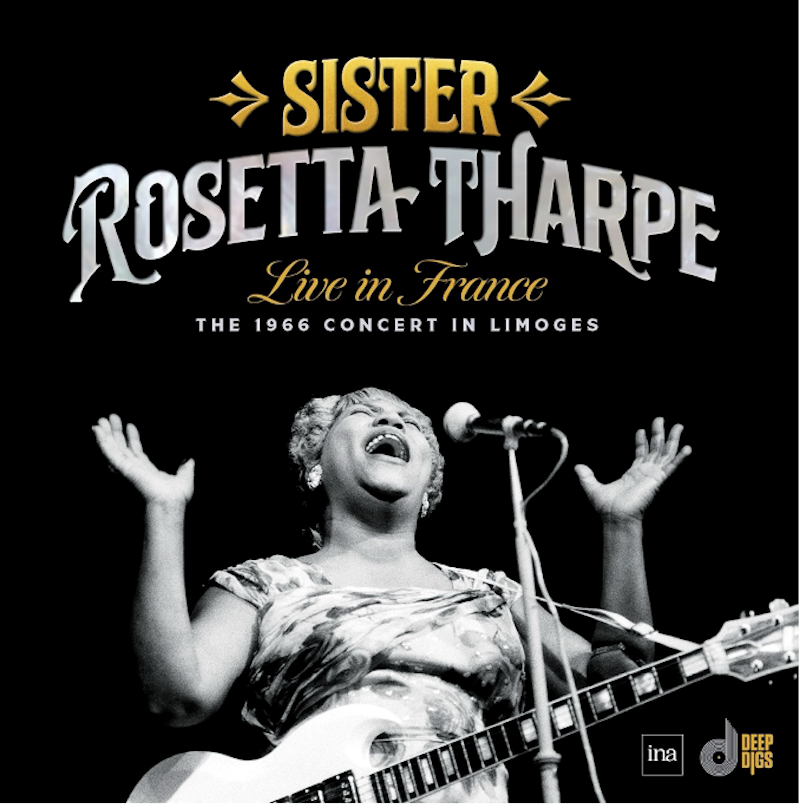
Sister Rosetta Tharpe, Live in France: The 1966 Concert in Limoges. You can’t talk authoritatively about the influence of gospel music on rock and roll without mentioning the late Sister Rosetta Tharpe, who played electric guitar – even employing distortion – and influenced a long list of rock and R&B acts ranging from Elvis Presley and Eric Clapton to Muddy Waters, Tina Turner, and the Rolling Stones. On his Theme Time Radio Hour show, Bob Dylan called Tharpe “a powerful force of nature” and said a look at any of her performances on YouTube would “blow your mind.”
This previously unreleased recording isn’t the first live CD from her but it’s as good a place as any to get acquainted with her innovative guitar work and high-energy vocals. It presents an entire 21-song concert from France, where Tharpe had an enthusiastic fan base. On the program are traditional numbers such as “Didn’t It Rain,” “Up Above My Head,” “This Train,” and “Down by the Riverside.”
At this writing, no video or audio clips appear to be available from the Limoges show, but this 1964 performance from France offers an idea of what to expect.
Jeff Burger’s website, byjeffburger.com, contains five decades’ worth of music reviews, interviews, and commentary. His books include Dylan on Dylan: Interviews and Encounters, Lennon on Lennon: Conversations with John Lennon, Leonard Cohen on Leonard Cohen: Interviews and Encounters, and Springsteen on Springsteen: Interviews, Speeches, and Encounters.



